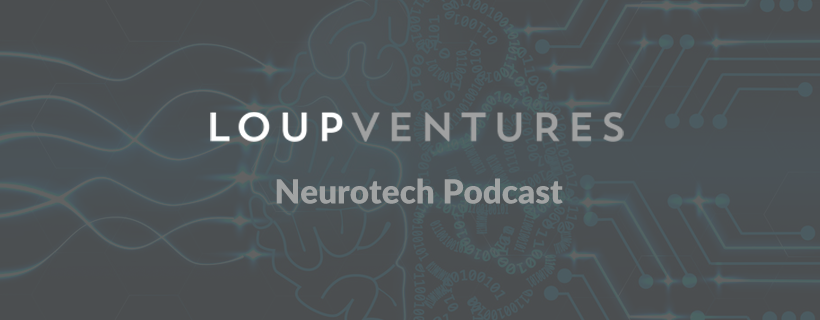Jo Jo Platt is the President and Cofounder of Platt & Associates, Inc., and Strategic Relations Consultant for the Feinstein Institute for Medical Research.
Top 3 Takeaways
- Bioelectronic Medicine treatments have a number of distinct advantages over drug-based treatments from both medical and business perspectives.
- As with classic technology startups, Bioelectronic Medicine companies are best-served by teams who are willing to recognize what they don’t know and who can learn quickly.
- The neurotechnology field should self-regulate as a means of ensuring the highest ethical standards for itself.
Show Notes
- [0:57] Jo Jo talks about how she became interested in Bioelectronic Medicine.
- [2:43] How does Jo Jo tell the story of Bioelectronic Medicine?
- [3:30] The broad idea of Bioelectronic Medicine.
- [5:12] Jo Jo is excited about the commercialization of Bioelectronic Medicine therapies.
- [7:28] The challenges for academics who want to start businesses.
- [9:02] Structuring effective Bioelectronic Medicine teams.
- [10:33] Noninvasive neurotechnologies.
- [12:11] Should “neurotech” become a buzzword?
- [13:37] Neuroethics and self-regulation of the neurotechnology field.
- [14:58] How the neurotechnology community should get started on creating a neurotech constitution.
- [17:40] How Jo Jo stays up-to-date on what happens in the neurotech field.
- [18:40] Media reporting on neurotechnology.
Selected Links
Related Podcasts
Disclaimer: We actively write about the themes in which we invest: artificial intelligence, robotics, virtual reality, and augmented reality. From time to time, we will write about companies that are in our portfolio. Content on this site including opinions on specific themes in technology, market estimates, and estimates and commentary regarding publicly traded or private companies is not intended for use in making investment decisions. We hold no obligation to update any of our projections. We express no warranties about any estimates or opinions we make.
